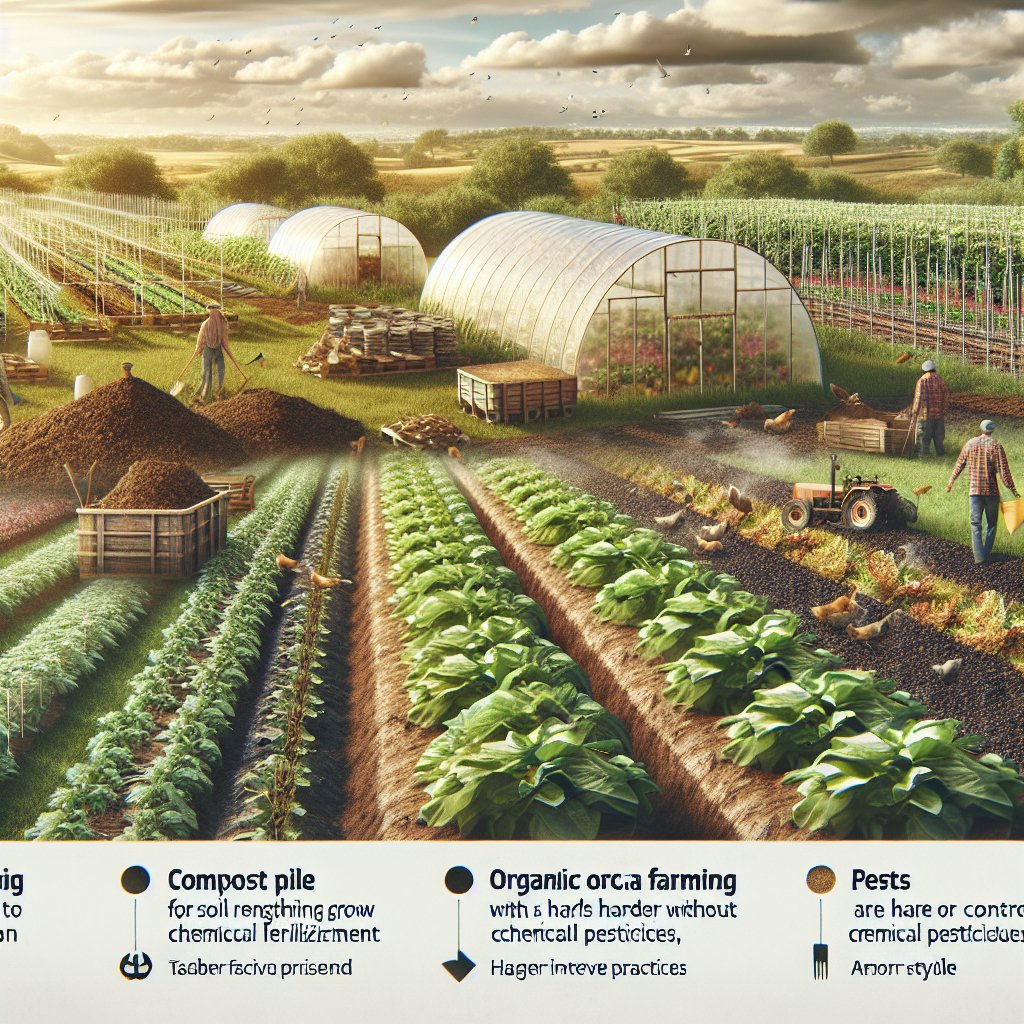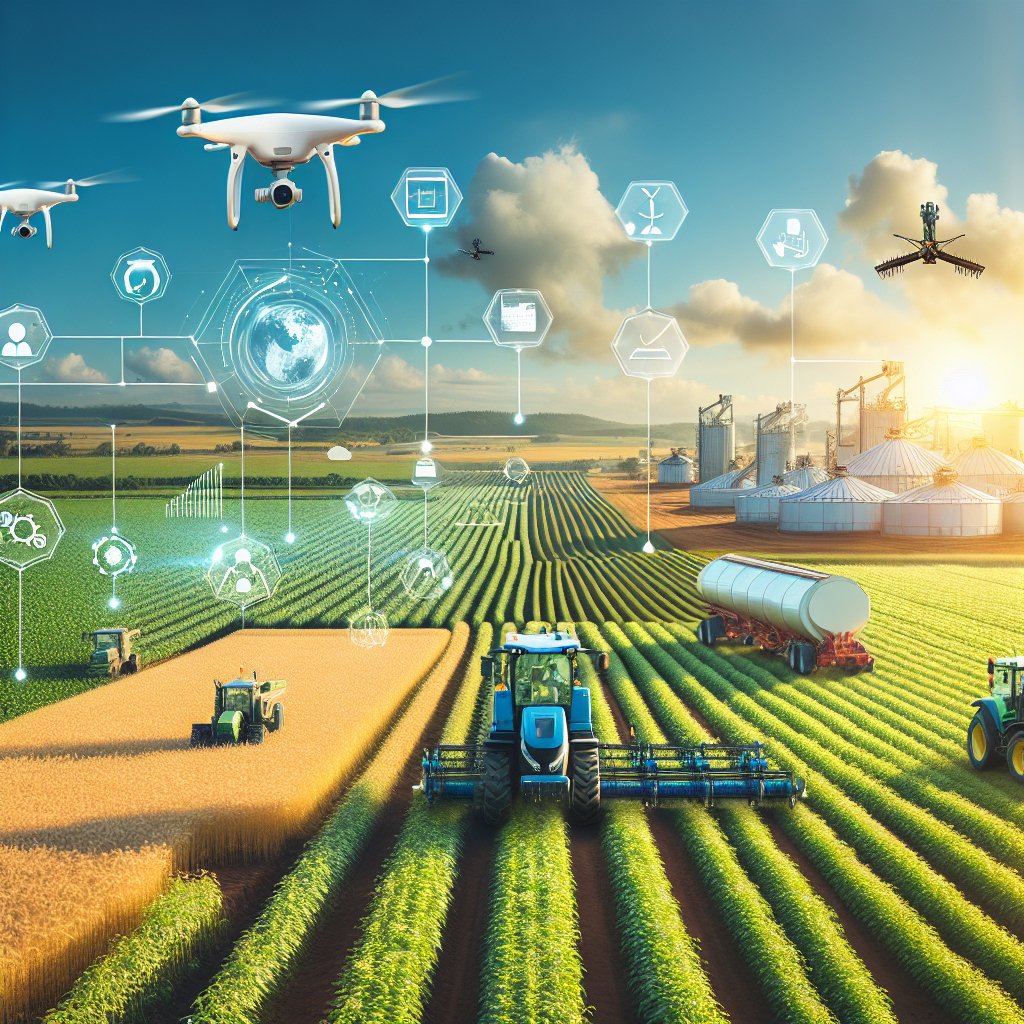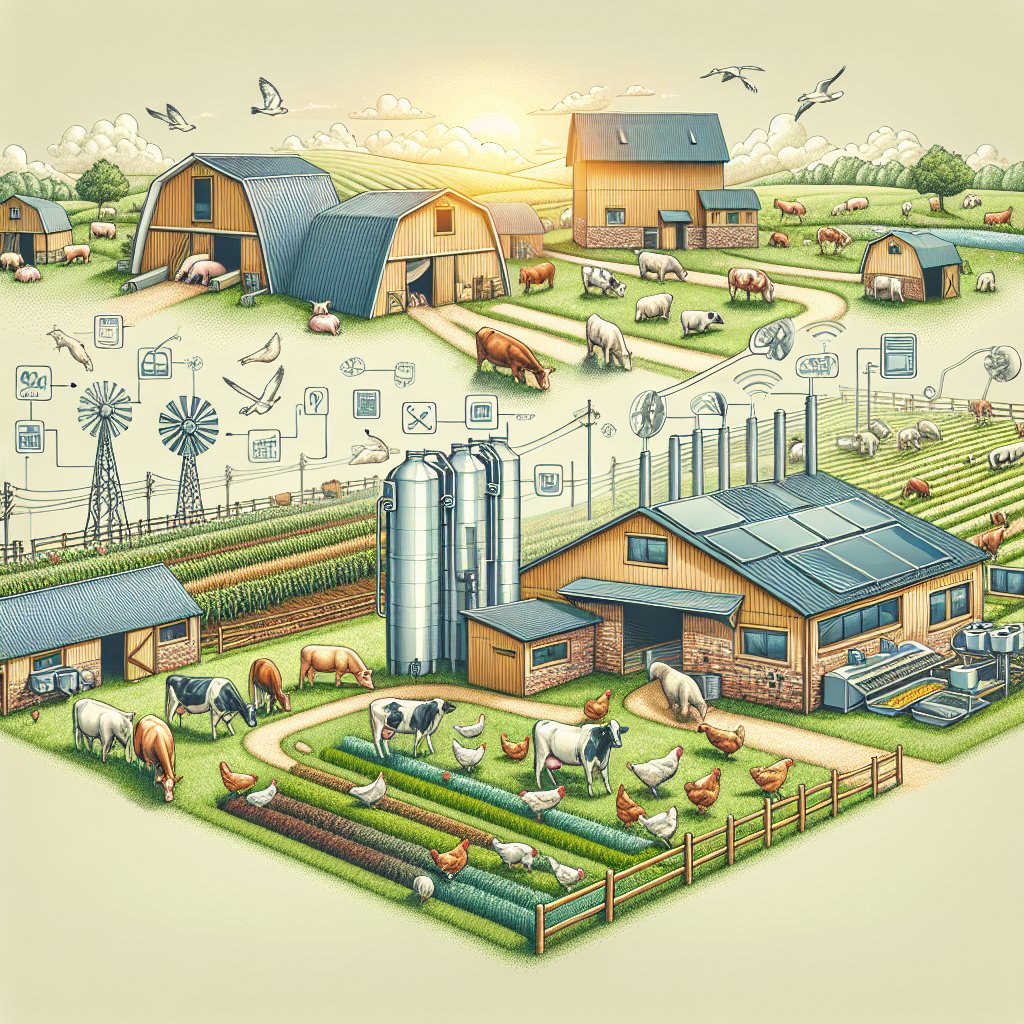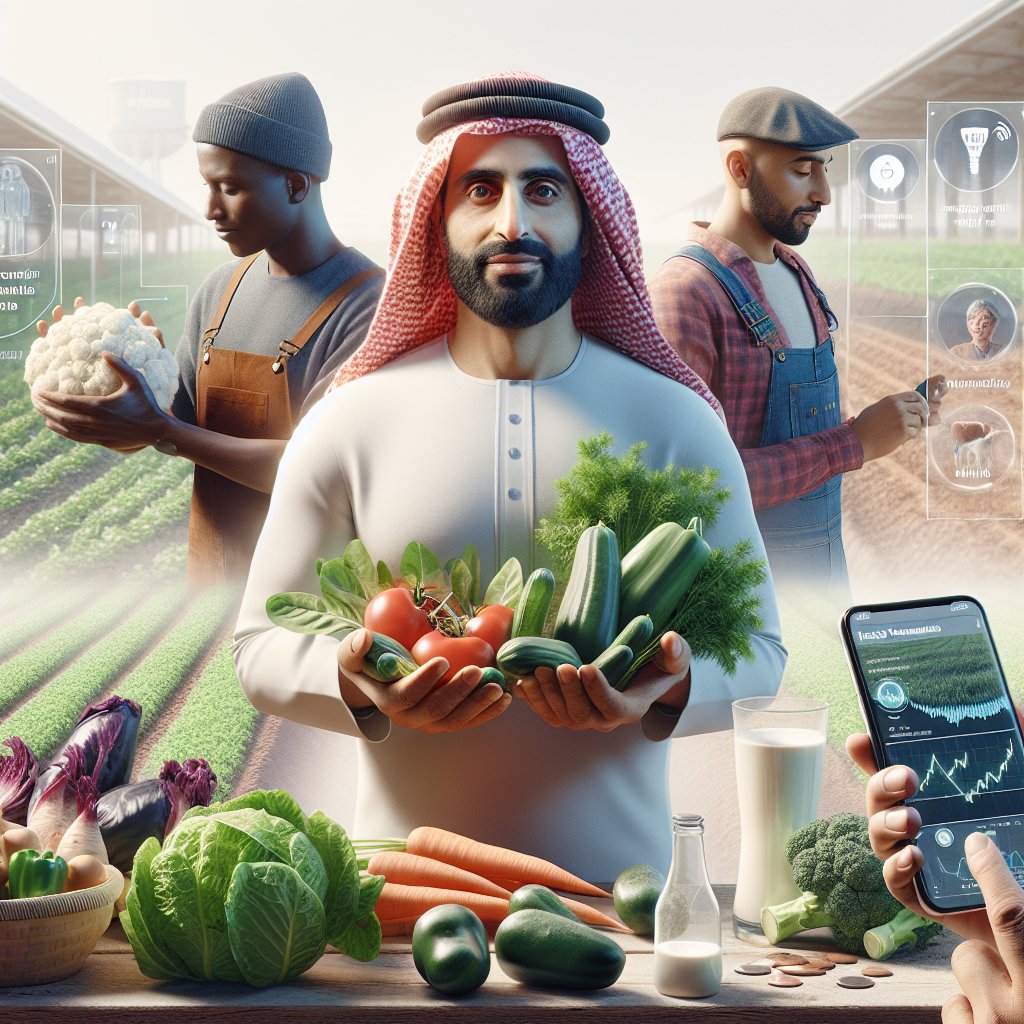The challenges of transitioning to organic farming are numerous and complex, requiring careful consideration and planning. As more farmers and consumers recognize the benefits of organic agriculture, the shift from conventional to organic practices has become a significant topic of discussion. This article explores the various challenges faced by farmers during this transition, including economic, environmental, and social factors, as well as potential solutions to overcome these hurdles.
Understanding Organic Farming
Organic farming is a holistic approach to agriculture that emphasizes sustainability, biodiversity, and the health of the ecosystem. Unlike conventional farming, which often relies on synthetic fertilizers and pesticides, organic farming utilizes natural methods to enhance soil fertility and control pests. This approach not only benefits the environment but also promotes healthier food options for consumers. However, transitioning to organic farming is not a straightforward process and involves several challenges.
Economic Challenges
One of the most significant barriers to transitioning to organic farming is the economic aspect. Farmers often face initial financial strain due to the costs associated with organic certification, which can be a lengthy and expensive process. The following points highlight some of the economic challenges:
- Certification Costs: Obtaining organic certification requires farmers to adhere to strict guidelines and undergo inspections, which can incur substantial fees.
- Initial Investment: Transitioning to organic practices may require new equipment, seeds, and training, leading to increased upfront costs.
- Market Access: Farmers may struggle to find markets for their organic products, especially in regions where demand is low.
- Price Premiums: While organic products often sell for higher prices, the transition period can result in lower yields, making it difficult for farmers to maintain profitability.
To mitigate these economic challenges, farmers can explore various funding options, such as grants and loans specifically designed for organic agriculture. Additionally, forming cooperatives can help farmers pool resources and share the costs associated with transitioning.
Environmental Challenges
Transitioning to organic farming also presents environmental challenges that must be addressed. While organic practices aim to enhance soil health and biodiversity, the shift can initially disrupt existing ecosystems. Key environmental challenges include:
- Soil Fertility: Conventional farming often relies on chemical fertilizers, which can lead to soil degradation. Transitioning to organic methods requires time and effort to restore soil health.
- Pest Management: Farmers may face increased pest pressures during the transition period, as synthetic pesticides are no longer an option. Developing effective organic pest management strategies is crucial.
- Biodiversity Loss: The shift to monoculture practices in conventional farming can lead to a loss of biodiversity. Organic farming encourages diverse cropping systems, but establishing these systems can be challenging.
To overcome these environmental challenges, farmers can implement practices such as cover cropping, crop rotation, and integrated pest management. These methods not only enhance soil health but also promote biodiversity and resilience within the farming system.
Social Challenges
In addition to economic and environmental hurdles, social challenges play a significant role in the transition to organic farming. These challenges often stem from community perceptions, knowledge gaps, and the need for support networks. Some of the key social challenges include:
Community Perception
Farmers transitioning to organic practices may face skepticism from their communities, particularly if conventional farming has been the norm for generations. This skepticism can manifest in various ways:
- Consumer Awareness: Many consumers may not fully understand the benefits of organic farming, leading to a lack of demand for organic products.
- Peer Pressure: Farmers may feel pressure from their peers to maintain conventional practices, making it difficult to pursue organic methods.
- Access to Information: Limited access to information about organic farming practices can hinder farmers’ ability to make informed decisions.
To address these social challenges, education and outreach programs are essential. Farmers can benefit from workshops, field days, and community events that promote the advantages of organic farming and provide practical knowledge on transitioning.
Support Networks
Building a strong support network is crucial for farmers transitioning to organic practices. This network can include fellow farmers, agricultural extension services, and local organizations. The following points highlight the importance of support networks:
- Mentorship: Experienced organic farmers can provide valuable guidance and mentorship to those new to organic practices.
- Collaboration: Collaborating with other farmers can lead to shared resources, knowledge, and experiences, making the transition smoother.
- Access to Resources: Support networks can help farmers access resources such as organic seeds, pest management tools, and financial assistance.
By fostering strong support networks, farmers can navigate the challenges of transitioning to organic farming more effectively and build a community that values sustainable agriculture.
Conclusion
The transition to organic farming presents a range of challenges that require careful consideration and strategic planning. Economic, environmental, and social factors all play a role in this complex process. However, with the right support, education, and resources, farmers can successfully navigate these challenges and contribute to a more sustainable agricultural system. As the demand for organic products continues to grow, the importance of addressing these challenges becomes increasingly critical for the future of farming.




